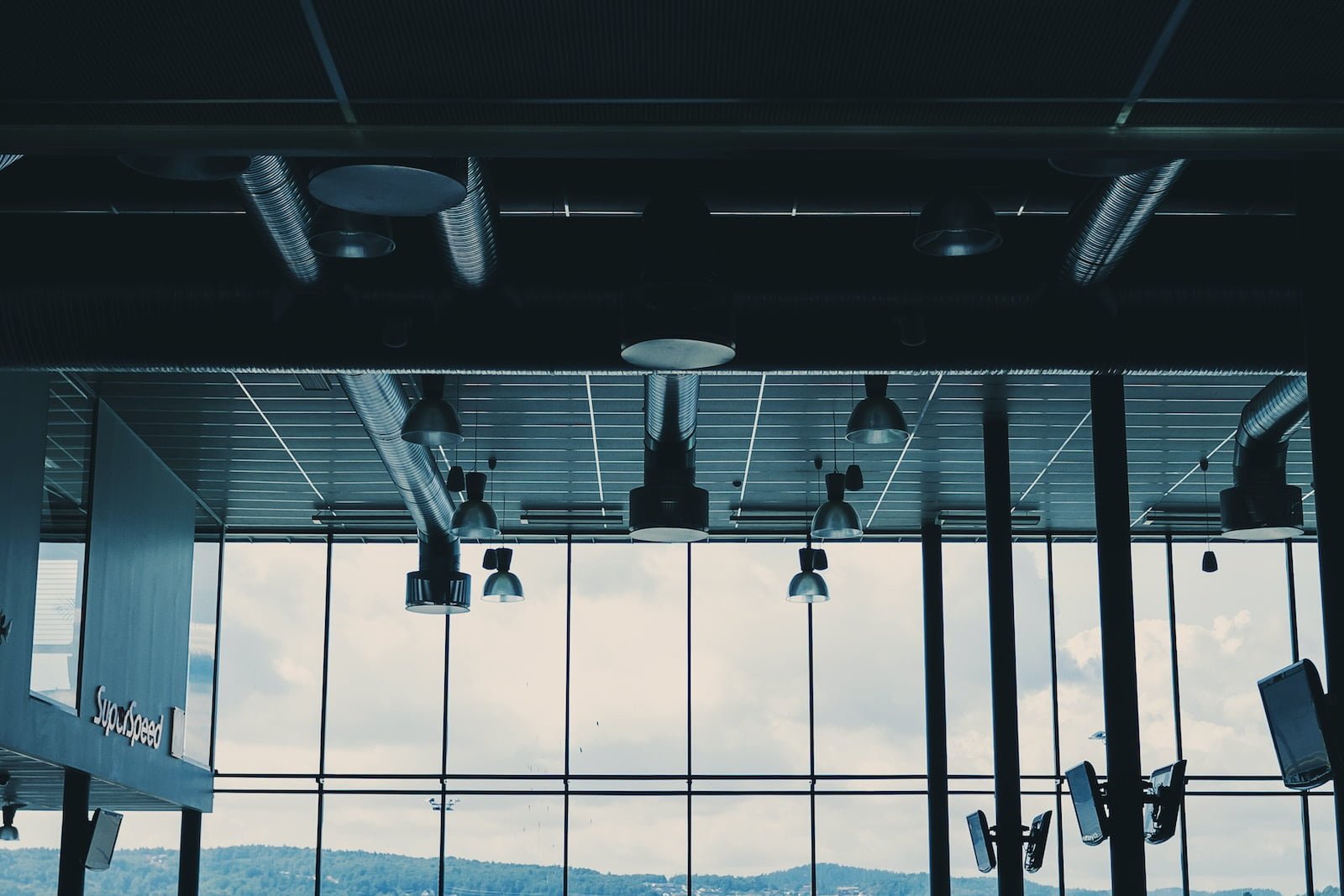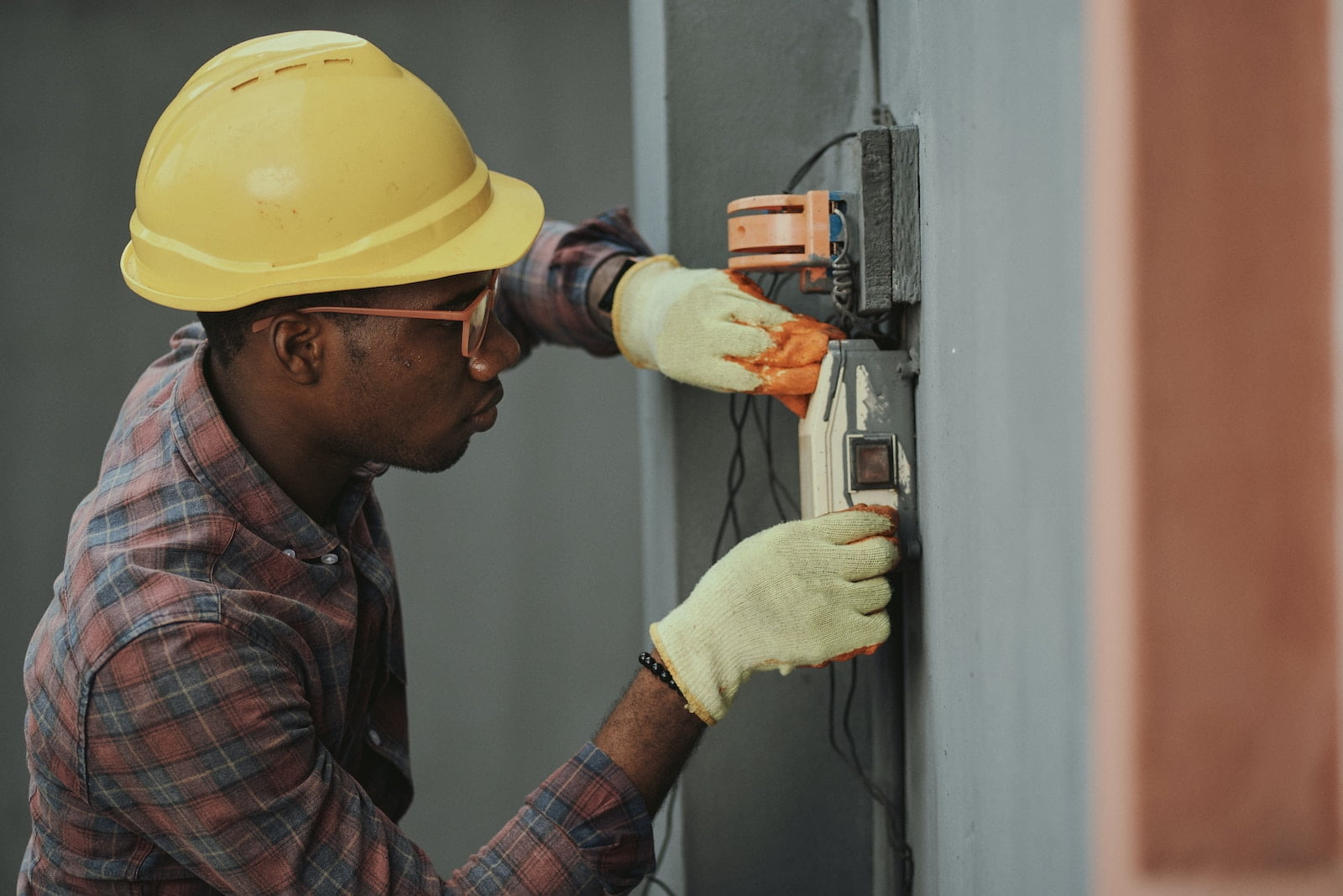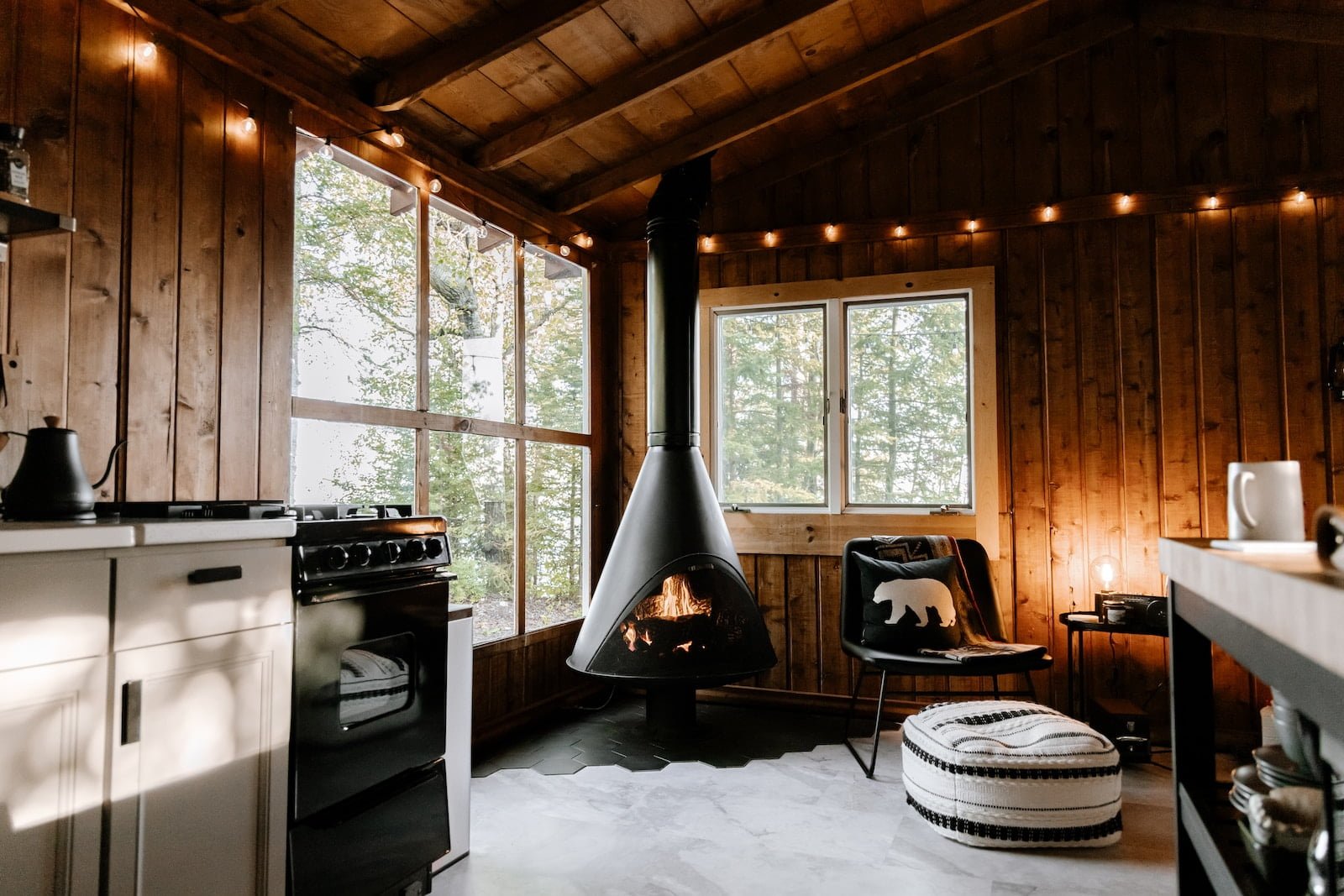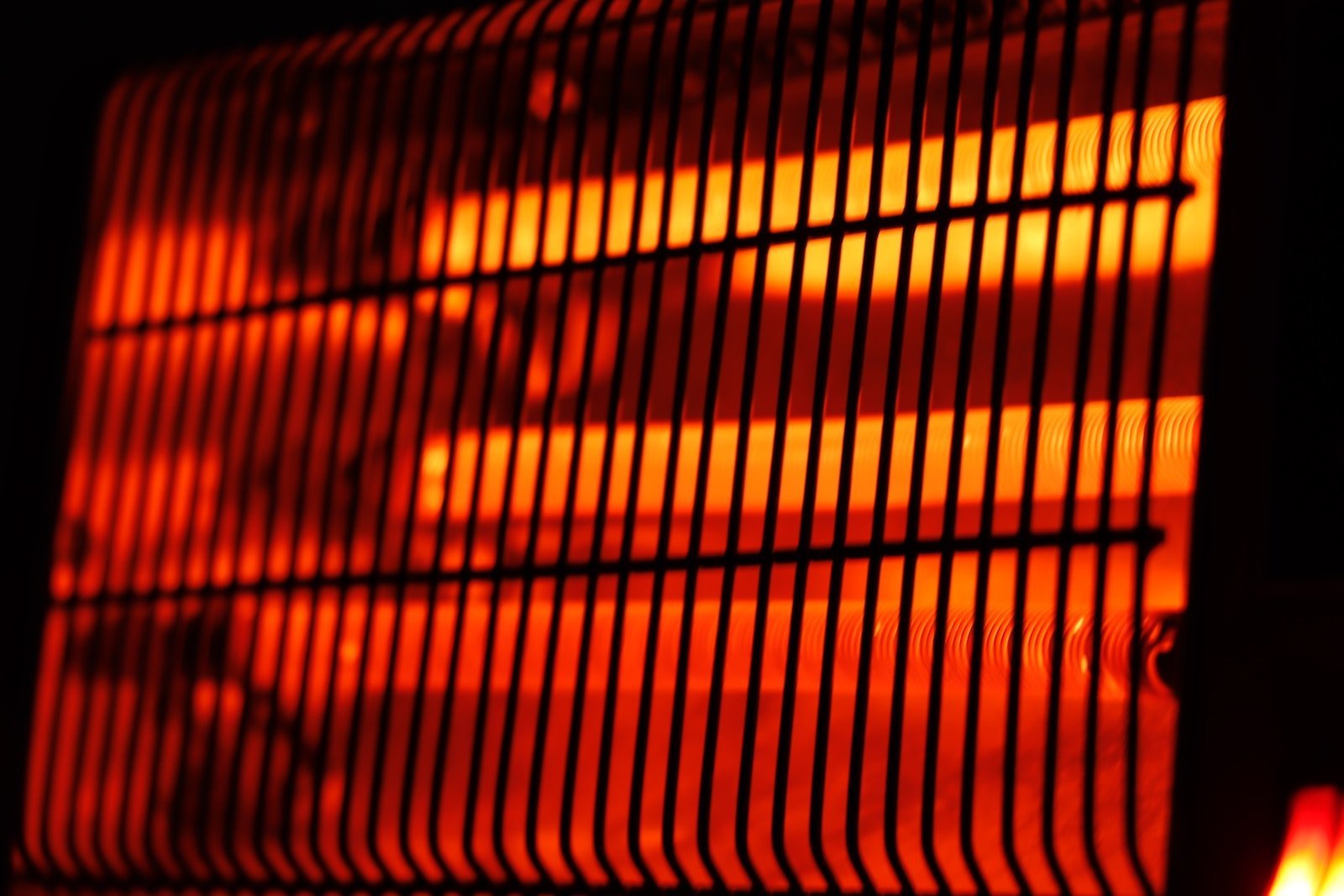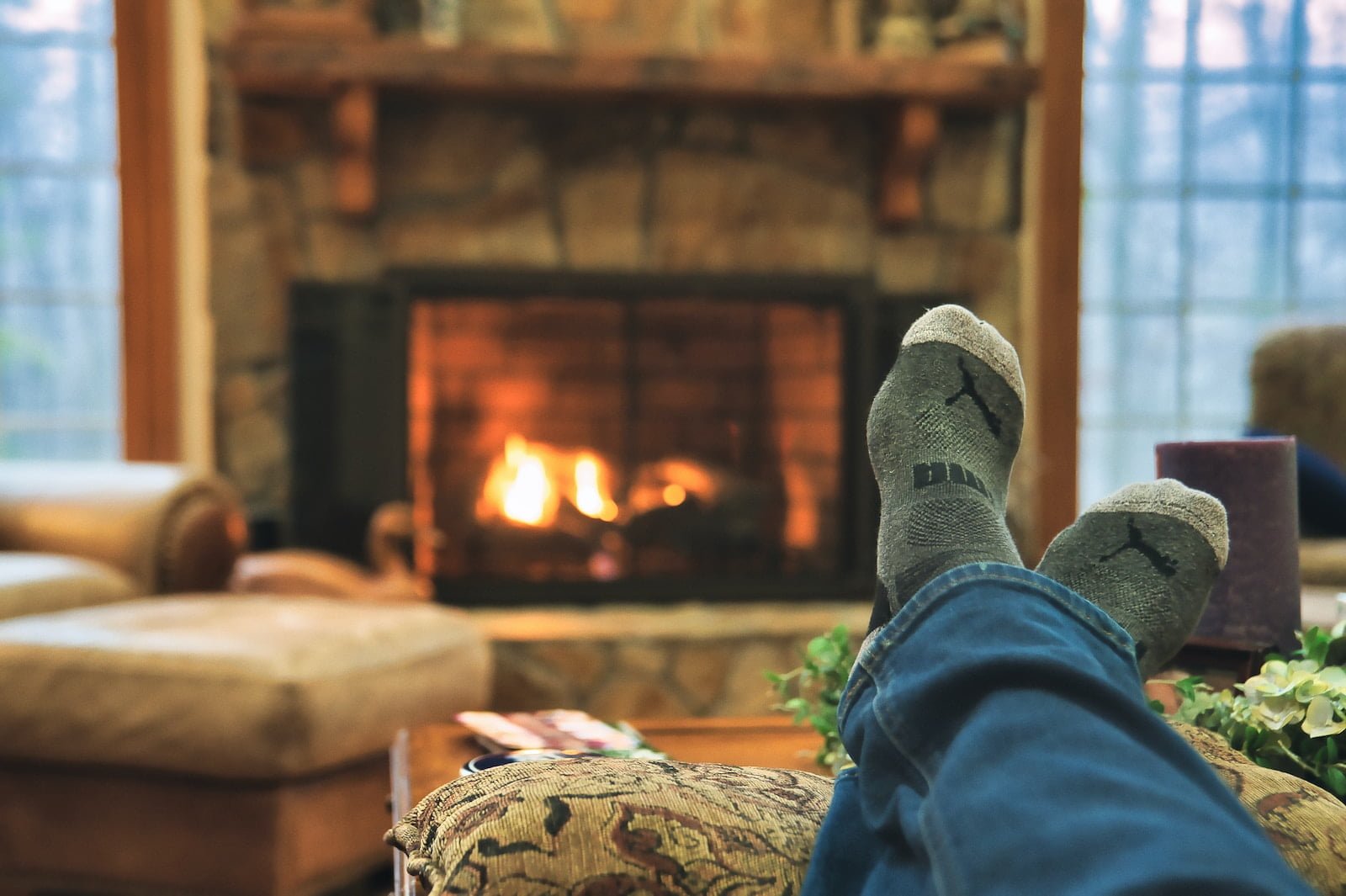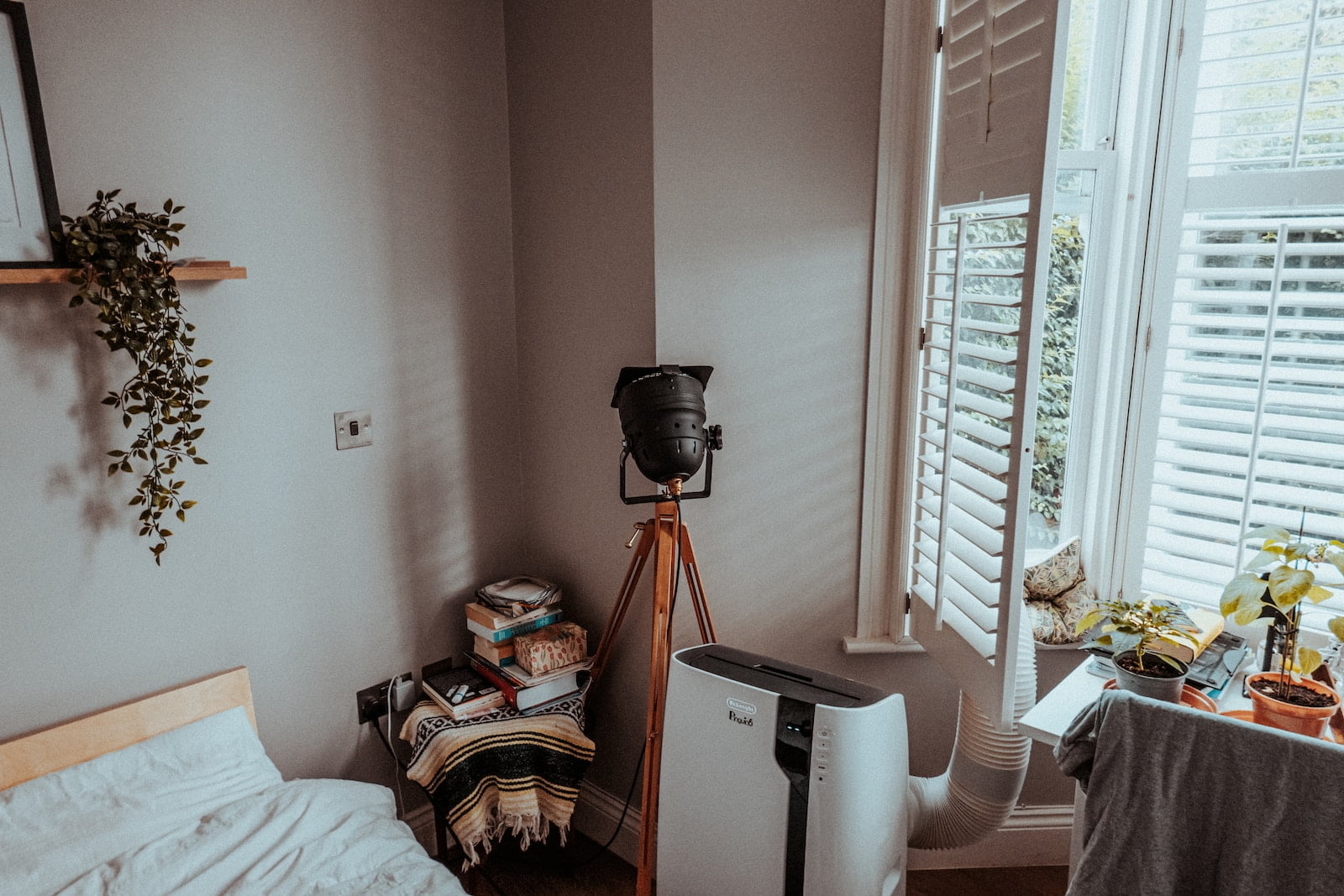Is Your AC Unit Energy Efficient? Here’s How to Tell.
Energy efficiency is an essential aspect of modern living. With the increasing demand for energy, it’s crucial to find ways to reduce our energy consumption. One area where energy efficiency can make a significant impact is in air conditioning units. AC units are a common commodity in most households and commercial spaces, and they consume a considerable amount of energy. In this article, we will explore the concept of energy efficiency in AC units and its benefits. We will discuss the various ways to improve the energy efficiency of your AC unit and help you make an informed decision about your energy consumption.
It’s no secret that air conditioning units consume a lot of energy. In fact, according to the US Department of Energy, air conditioning units account for about 6% of all the electricity produced in the United States. This makes it imperative to find ways to make these units more energy-efficient. By doing so, we can reduce our energy consumption and lower our utility bills. Additionally, energy-efficient AC units have a positive impact on the environment by reducing greenhouse gas emissions. In this article, we will explore the various ways to improve the energy efficiency of your AC unit and help you make a positive impact on the environment.
Factors that Affect Energy Efficiency in AC Units
Another factor that affects energy efficiency in AC units is the size of the unit. An oversized AC unit will cool a room too quickly, causing it to turn on and off frequently, which wastes energy. On the other hand, an undersized AC unit will have to work harder to cool a room, which also wastes energy. Therefore, it is important to choose the right size AC unit for the room based on its square footage and other factors such as ceiling height, insulation, and window placement. This will ensure that the AC unit runs efficiently and reduces energy consumption.
In addition, the age of the AC unit can also affect its energy efficiency. Older AC units may not be as energy-efficient as newer models due to advancements in technology and improved energy standards. Therefore, it may be worth investing in a newer, more energy-efficient AC unit to save money on energy bills in the long run. Regular maintenance and cleaning of the AC unit can also help improve its energy efficiency by ensuring that it is running at optimal levels and not wasting energy.
Overall, there are several factors that can affect the energy efficiency of AC units, including the type of unit, size, age, and maintenance. By considering these factors and taking steps to improve energy efficiency, homeowners can save money on energy bills and reduce their carbon footprint.
Signs that your AC unit is not energy efficient
If you notice that your energy bills are increasing despite using your AC unit as usual, it may be a sign that your AC unit is not energy efficient. An inefficient AC unit will consume more energy to cool your home, resulting in higher energy bills. Additionally, if your AC unit is old, it may not be as energy efficient as newer models. You can check the Energy Efficiency Ratio (EER) of your AC unit to determine its efficiency. A higher EER means that your AC unit is more energy efficient.
Another sign that your AC unit is not energy efficient is if it takes longer to cool your home than usual. An inefficient AC unit may struggle to cool your home, resulting in longer cooling times. This can be due to several factors, such as clogged air filters, low refrigerant levels, or a malfunctioning compressor. These issues can cause your AC unit to work harder to cool your home, consuming more energy in the process.
If your AC unit is making unusual noises or emitting strange odors, it may be a sign of an energy efficiency problem. A malfunctioning AC unit may produce unusual noises, such as banging, rattling, or screeching. Similarly, a strange odor may indicate a problem with the AC unit’s wiring or components. These issues can cause your AC unit to work harder to cool your home, resulting in increased energy consumption.
Tips for Improving the Energy Efficiency of Your AC Unit
Another way to improve the energy efficiency of your AC unit is to keep it clean. Dirt and debris can accumulate in the unit and cause it to work harder than it needs to, which can lead to higher energy bills. To prevent this from happening, make sure to clean the air filters regularly. This will not only improve the efficiency of your AC unit, but it will also improve the air quality in your home. Additionally, keep the outdoor unit free from debris such as leaves, grass clippings, and branches. This will allow for proper airflow and prevent the unit from overheating.
Another tip for improving the energy efficiency of your AC unit is to use a programmable thermostat. This allows you to set the temperature of your home based on your schedule, so you can save energy when you’re not home or when you’re sleeping. You can also set the temperature to be slightly higher when you’re not in the room, as this can also help save energy. Additionally, consider using ceiling fans to help circulate the cool air throughout your home. This can help your AC unit work more efficiently, as it won’t have to work as hard to cool the entire space.
Regular Maintenance is Crucial for Energy Efficiency in AC Units
Furthermore, regular maintenance is crucial for ensuring that your AC unit is running at its optimal energy efficiency. Over time, dust and debris can accumulate in the unit’s filters and coils, which can obstruct airflow and cause the unit to work harder than necessary to cool your home. This extra strain on the unit can increase your energy bills and lead to premature wear and tear on the system. By regularly cleaning and replacing filters and coils, you can help your AC unit run more efficiently and extend its lifespan.
Additionally, regular maintenance can help you identify and address any potential issues with your AC unit before they become major problems. For example, a technician may notice that your unit’s refrigerant levels are low or that there are leaks in the ductwork. These issues can cause your AC unit to work harder than necessary and decrease its energy efficiency. By catching these problems early, you can save money on energy bills and avoid costly repairs in the future.
In conclusion, regular maintenance is essential for ensuring that your AC unit is running at its optimal energy efficiency. By keeping your unit clean and well-maintained, you can save money on energy bills, extend the lifespan of your unit, and avoid costly repairs. So, be sure to schedule regular maintenance appointments with a qualified HVAC technician to keep your AC unit in top condition.
